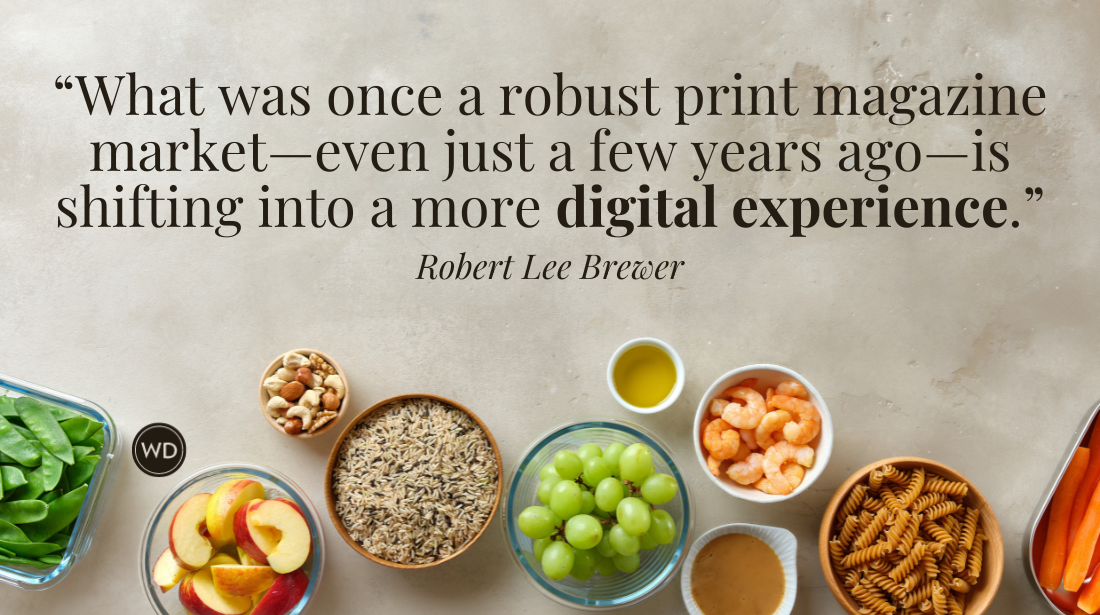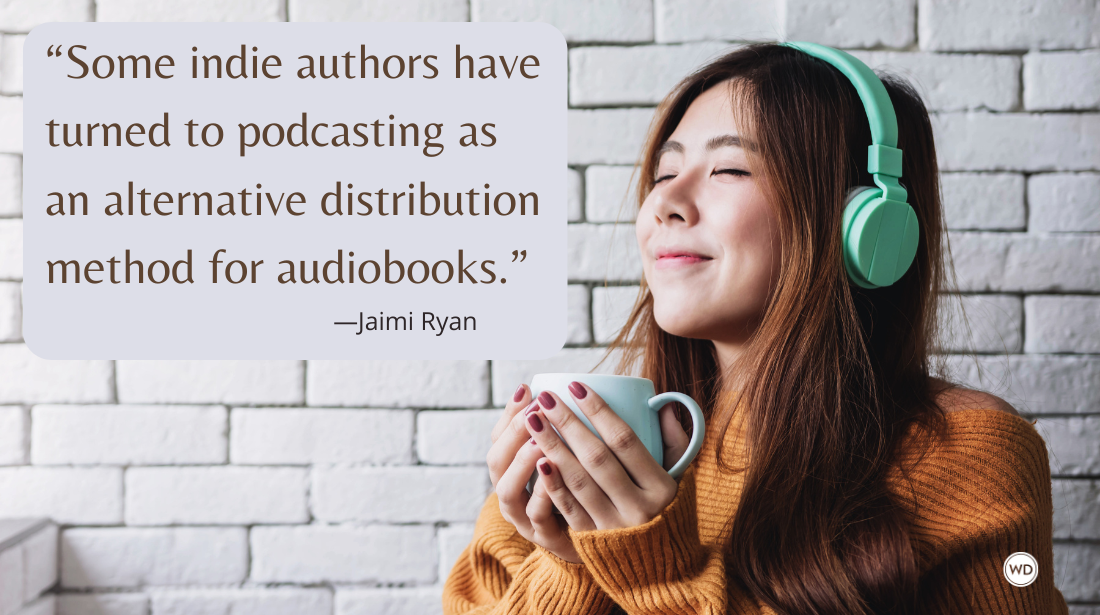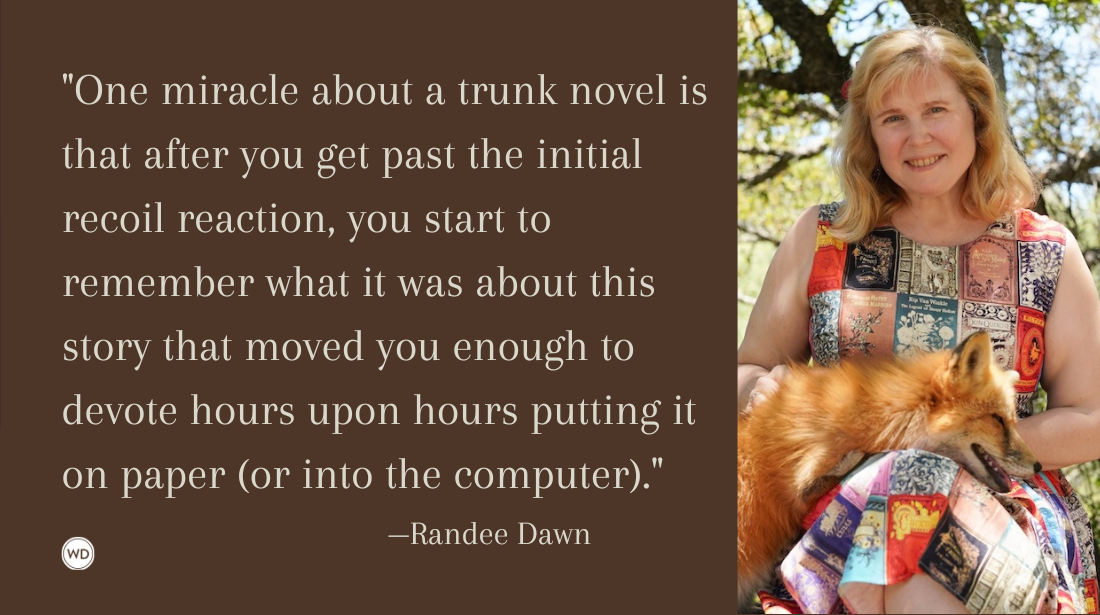How to Publish a Young Adult Novel
Each genre of fiction has its own rules for getting published. In this article, we cover how to publish your young adult novel, including how to write a query letter and synopsis, example queries that worked as well as literary agents open to young adult submissions.
Writing a novel is hard to do. It takes skill, hard work, and perseverance. Once you've finished, it's natural to start thinking about the next step—publication!
In this post, I'm going to share how to get your young adult novel published. We'll look at example query letters that were effective specifically for young adult novelists. I'll also share a list of literary agents open to writer submissions.
The first step is finishing your manuscript. Notice that I didn't say the first step is writing your manuscript. That's because editors and agents expect writers to submit edited and revised manuscripts. Once your manuscript is finished, it's time to start working on your query letter.
*****
In WD University's 12 Weeks to a First Draft, you will tackle the steps to writing a book, learn effective writing techniques, and of course, begin writing your first draft. Register today!
*****
How to Write a Young Adult Query Letter
All query letters, regardless of genre, share one goal: To get the editor or agent to want to know more about your project. This is not accomplished by being intentionally vague and abstract. Rather, you'll want your query to be specific and concrete.
Here are the essential elements of writing an effective query letter:
- Sentence that lays out what you're pitching. This sentence should include the full title of your novel, genre (or sub-genre), and word count. A completely made-up example would be: The Boy Who Rides Horses is a 50,000-word young adult novel.
- Hook. The hook is a sentence or two that gets the agent or editor to want to know more about the story you're telling. Both the hook and sentence that lays out what you're pitching are typically included in the first paragraph, though the order can be switched.
- Supporting story. If you've piqued interest after the first paragraph, the second (and possibly third) paragraph's job is to reveal more about your story that will heighten that interest—hopefully resulting in a request for sample chapters or a full manuscript.
- About you. Your final paragraph should be a line or three about you and your relevant writing accomplishments in relation to your novel. Don't inflate if you don't have much to tell. A simple, "This is my debut novel," will suffice.
Sample Young Adult Query Letters That Worked
I love advice, but what really helps me is to see examples of how to accomplish goals. Below, I've shared a few query letters that worked for young adult authors. Click the links to view the original queries and full commentary from agents.
- Gia Cribbs' The Disappearance of Sloane Sullivan, accepted by Steven Salpeter of Curtis Brown, Ltd. From Salpeter: "When you sit down to write your query, you first want to think about what kind of book you have written. Where does fit in the tradition of other recent books? Who are your readers? What is the tone of the story? What are the elements you think readers will relate to most? What leads to the most memorable moments in the story? What is at stake for your main characters? Why will readers want to spend the span of an entire book with your characters? You should answer these questions for yourself, and then show the answers to an agent in the query. This is difficult and a different skill set from being a talented storyteller."
- Karen Fortunati's The Weight of Zero, accepted by Sara Megibow of KT Literary. From Megibow: "This query caught my attention right away because of the unique way Karen portrays conflict. Unlike other young adult novels where the antagonist might be a teacher, a parent or another kid, in The Weight of Zero the bad guy is Zero – Catherine’s bipolar disorder. Karen has effectively set up a story in which everyone is fighting Zero – the story has both internal and external conflict (as all good stories should) but the unique hook is how she has balanced conflict between the characters and the disorder."
- Makiia Lucier's A Death-Struck Year, accepted by Suzie Townsend of New Leaf Literary. From Townsend: "Now, historical YA is actually pretty tough. It’s tough to get the teenage sensibility just right while also staying true to the historical time period. As a result, I was wary when I realized it was historical YA. I wasn’t opposed to it, but it wasn’t something I was looking for either. For me to take on a historical project it would have to be something with amazing characters and really great plot and outstanding writing. Then I got this query."
How to Write a Young Adult Synopsis
A novel synopsis is a summary of your novel. Various literary agents and book publishers may want synopses of varying lengths, so always check specific guidelines. But here are a few things to keep in mind when writing your own young adult synopsis.
- Set up the protagonist's main desires and obstacles. For instance, your protagonist may be a young woman who needs (by the way, "needs" always trumps "wants" for raising the stakes of a story) to find her missing diary. A few problems: She doesn't want anyone to know it exists or the secrets she's written on its pages.
- Share how the character changes during the story. Maybe our protagonist has a fear of sharing what she really thinks and feels in the beginning of the story. Then, show how she is forced into situations in which she has to overcome these fears to achieve her goals. This is called developing a character's arc.
- Reveal the ending. A query doesn't have to reveal how a book ends, but your synopsis should. In fact, your novel synopsis should share how the book ends from a plot perspective and how it changes the main character, inside and out.
Finding a Literary Agent for Your Young Adult Novel
Literary agents are important decision makers in the publishing process for authors who wish to be published by many of the big publishers. That's true for young adult novels as well. Below I've included a link to a post where I've listed literary agents who are open to young adult submissions.
Robert Lee Brewer is Senior Editor of Writer's Digest, which includes managing the content on WritersDigest.com and programming virtual conferences. He's the author of 40 Plot Twist Prompts for Writers: Writing Ideas for Bending Stories in New Directions, The Complete Guide of Poetic Forms: 100+ Poetic Form Definitions and Examples for Poets, Poem-a-Day: 365 Poetry Writing Prompts for a Year of Poeming, and more. Also, he's the editor of Writer's Market, Poet's Market, and Guide to Literary Agents. Follow him on Twitter @robertleebrewer.








